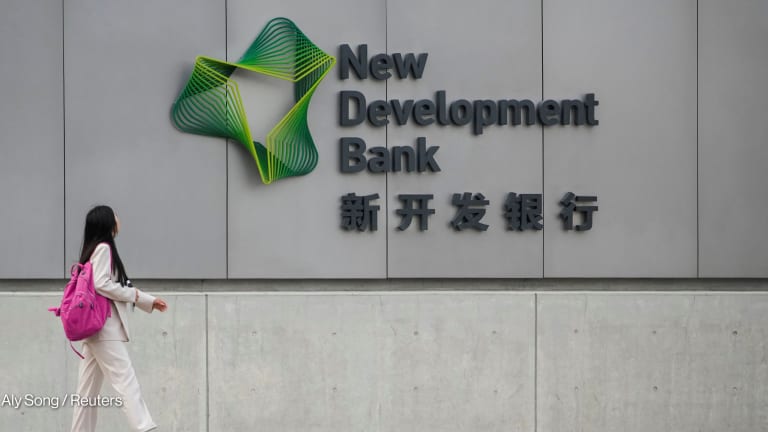
Nontraditional aid donors, such as Saudi Arabia and BRICS — Brazil, Russia, India, China and South Africa — have emerged in recent years as key players in humanitarian aid. But these nontraditional aid donors are veering away from their predecessors’ tendency to channel aid through bilateral funding.
A recent study analyzing trends in nontraditional aid in recent years underscores a dramatic increase in the contribution of non-DAC donors to humanitarian aid. Nontraditional donors who are not members of the Development Assistance Committee of the Organization for Economic Cooperation and Development are referred to as non-DAC donors.
In particular, the study cites Brazil’s donation to the U.N. appeal for response to the Horn of Africa crisis, which was greater than the combined donation of Germany and France.
Unlike traditional aid donors, however, non-DAC donors seem to have a preference for multilateral trust funds rather than bilateral government assistance. Aside from Brazil’s aid for the Horn of Africa, the country’s $8 million donation to the Haiti emergency response fund made it one of the fund’s top donors, second only to Saudi Arabia’s $50 million. Both are non-DAC countries, notes Oxfam Great Britain’s Duncan Green.
The contribution of non-DAC donors, however, is hardly limited to humanitarian assistance. A number of them have also begun channeling their money to so-called South-South cooperation trust funds that aim for the long-term development of poor countries. An example is the Poverty and Hunger Alleviation Fund, which was established through trilateral agreements between India, Brazil and South Africa. The fund offers an alternative source of development finance for poor countries.
In June 2011, South Korea, China and Brazil signed cooperation agreements with the African Development Bank to support programs and projects in the bank’s member states. South Korea’s funds were channeled to the Korea Africa Economic Cooperation Trust Fund, while that of Brazil’s, to the South-South Cooperation Trust Fund. China is also seeking to expand its ties with the World Bank.
Aside from investing their money in multilateral trust funds, some non-DAC donors have begun forging technical cooperation agreements with traditional aid agencies. Brazil’s aid agency, for instance, has entered into a joint technical cooperation with the U.S. and Canada.
Others, like India and South Africa are planning to set up their own foreign aid agencies.
The growing international clout of nontraditional donors prompted a number of them to seek a bigger management role in the World Bank and International Monetary Fund. During the search for the IMF’s next managing director in April, BRICS countries challenged Europe’s monopoly of the financial institution’s leadership.
Development experts speculate on the different directions that non-DAC donors might take in the coming years. Green, for instance, suspects such donors might “blur the boundaries between aid and investment, or between public and private delivery channels.”
Read more development aid news online, and subscribe to The Development Newswire to receive top international development headlines from the world’s leading donors, news sources and opinion leaders — emailed to you FREE every business day.








